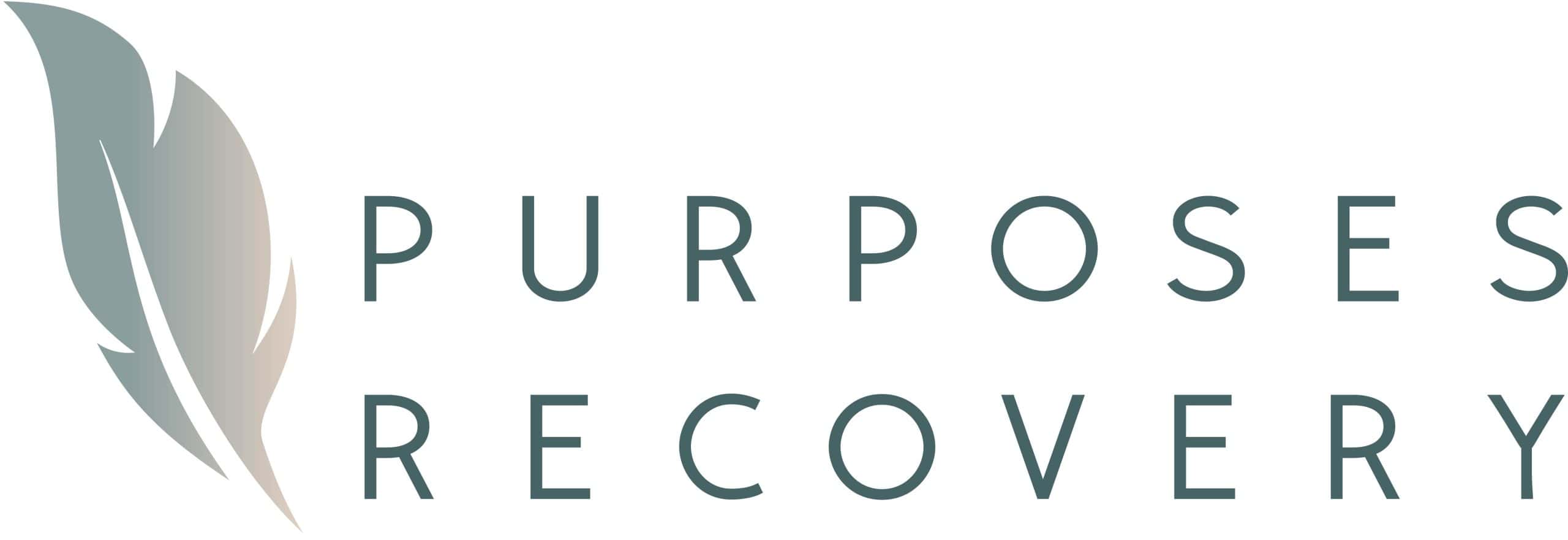Knowing how to spot and stop enabling is essential if you have someone in your life who suffers from addiction. Read on to learn about the difference between enabling and support, common enabling behaviors, and how to avoid enabling substance abuse.
Why Do We Enable?
Enabling occurs when a friend or family member protects the addict from the consequences of their actions. The American Psychological Association explains it as contributing to another individual’s continued substance abuse. In many circumstances, enablers are unaware that their compassion and good intentions are actually making it less likely for the addict to embrace sobriety.
Are you supporting someone in the hope that it helps them overcome addiction? And do you sometimes wonder if you unknowingly are enabling their addiction? To guide you to an answer, let’s look at the difference between enabling and support and then discuss some examples of enabling behavior.
What Is the Difference Between Enabling and Support?
The difference between enabling and support is that support helps an addicted person towards recovery, whereas enabling allows a person’s self-destructive patterns to continue. Let’s look at some examples of enabling behavior to better illustrate the difference between enabling and support.
Common Enabling Behaviors
Sometimes actions we see as helpful like financial support or taking care of someone’s kids do actually benefit their recovery – a strong support network is, after all, a critical part of effective addiction treatment. But other times picking up someone’s slack or bailing them out of tricky situations does more harm than good.
Frequent Financial Help
If you are repeatedly helping someone out of financial difficulty who misuses drugs, it enables their self-destructive behavior to continue. While there is no harm in lending the occasional helping hand, if you routinely give money to someone in the throes of addiction, it keeps them from facing the consequences of their actions.
Taking on Responsibilities
When substance abuse wreaks havoc in the life of someone they care about, friends and family members often jump in and support. This help can be paying bills, doing chores, buying groceries, or looking after the addicted person’s children. But, despite the good intentions underpinning these actions, by regularly taking responsibility for the things someone else should be responsible for, you are enabling them.
Making Excuses and Keeping Secrets
Do you make excuses for someone else’s behavior? For example, you call your addicted brother’s boss with an excuse for him not showing up at work. Or every time your alcoholic friend acts out, you’re ready with an explanation about all the pressure she’s under at work.
Although this sort of behavior comes from a place of loyalty, lying and keeping secrets on behalf of someone with a substance use problem means you’re enabling the disease.
Failing to Maintain Boundaries
Consider the following scenario: You’ve made it clear to your girlfriend that she is not welcome in your home if she has been drinking. Yet anytime she starts to drunkenly beat on your door in the middle of the night, you eventually cave to her behavior by opening the door. In this type of situation, you’d be failing to set healthy boundaries, which allows the bad behavior to continue. In short, you’d be enabling.
Avoiding The Issue
A person avoids addressing a loved one’s substance use for a number of possible reasons, such as:
- Fear of retaliation if support isn’t provided
- Being in denial about the addiction
- When substance abuse is a cry for attention
But while confronting someone about their addiction takes a lot of courage, avoiding it means that the individual can continue unimpeded down a path of self-destruction.
Making Unreasonable Sacrifices
If the amount of time, effort, and money you spend caring for an addicted friend or family member leaves you unable to take good care of yourself or other loved ones, you could be enabling them. Sacrificing your own needs might seem supportive but ultimately could hamper a person from realizing they need addiction treatment.
Letting someone with addiction face the consequences of their actions does not mean you no longer care for them.
How Not to Enable an Addict
The best way to identify enabling behavior is to assess whether the action you’re considering taking will protect them from the consequences of their own self-destructive behavior. Though we naturally want to protect those we love from self-inflicted harm, stepping in to mitigate the repercussions of their choices alleviates all of the roadblocks that would otherwise have made it harder for the person to continue using alcohol or drugs.
With all this in mind, here are five tips for avoiding common enabling behaviors:
1. Detach With Love
Al-Anon is a peer-support and mutual aid fellowship for people impacted by a loved one’s addiction. Notably, Al-Anon is known for pioneering ‘detach with love.’ The idea is that if we are overprotecting or over-supporting an addicted person, we stand in the way of their recovery as we’re not allowing them to learn from their mistakes.
Letting someone face the consequences of their actions does not mean you don’t care for them. In some scenarios, detaching can even be the most loving thing to do.
2. Get Help
Addiction is a family disease that is best faced with a robust support system. Again, we want to mention Al-Anon specifically.
Beyond peer support, professional help is also an option. Some therapists even specialize in enabling behavior.
3. Maintain Boundaries
Say no and encourage treatment instead. It is hard to detach when you have been helping someone deal with addiction, but sticking to your boundaries is crucial to ensure you are not enabling them.
4. Stay Hopeful
Remind yourself that substance abuse disorder is a treatable disease and that people do recover from it. Keep hope that with addiction treatment and a strong support network, your loved one can get better.
5. Be Honest
Being honest about your enabling behavior is the first step toward making a positive change. This can be especially difficult when an addicted partner might be abusive, and a person’s emotional well-being has taken a toll. In these circumstances, it is necessary to consider that there can be a stigma attached to enabling.
Whatever the situation, being dishonest — whether knowingly or unknowingly — is a disservice to all involved parties.
Sidestep the Stigma: How to Handle Enablers With Care
There are tricky aspects of enabling that, when not approached with care and understanding, can stigmatize the term ‘enabler.’ Let’s look at some scenarios.
Blaming the Enabler
Recognizing your own enabling behavior doesn’t mean you are to blame for the addiction. Substance use disorder is a complicated disease; each person and family’s recovery path is unique – and seldom linear.
Enabling Due to Abuse
Enabling behavior should be assessed slightly differently when there’s abuse in the relationship. Someone in an abusive relationship enables a substance abuse problem for a number of other reasons, including psychological submission and a sense of self-preservation. Few people would be inclined to stand between an addict and their next fix, knowing it will likely result in anger and retaliation. This is sometimes called passive enabling.
Putting an end to enabling behavior is not easy or straightforward. However, an addict who is no longer enabled by those around them is one step closer to the start of their recovery journey.
Find Support for Addiction and Medical Detox in Los Angeles at Purposes Recovery
One of the first steps on the recovery journey is medical detox. At Purposes Recovery, we offer medical detox in LA, rehab, and co-occurring disorder treatment programs. Follow us on social media for access to helpful resources and learn how we can support you or your loved ones as you start the journey toward long-term recovery.



